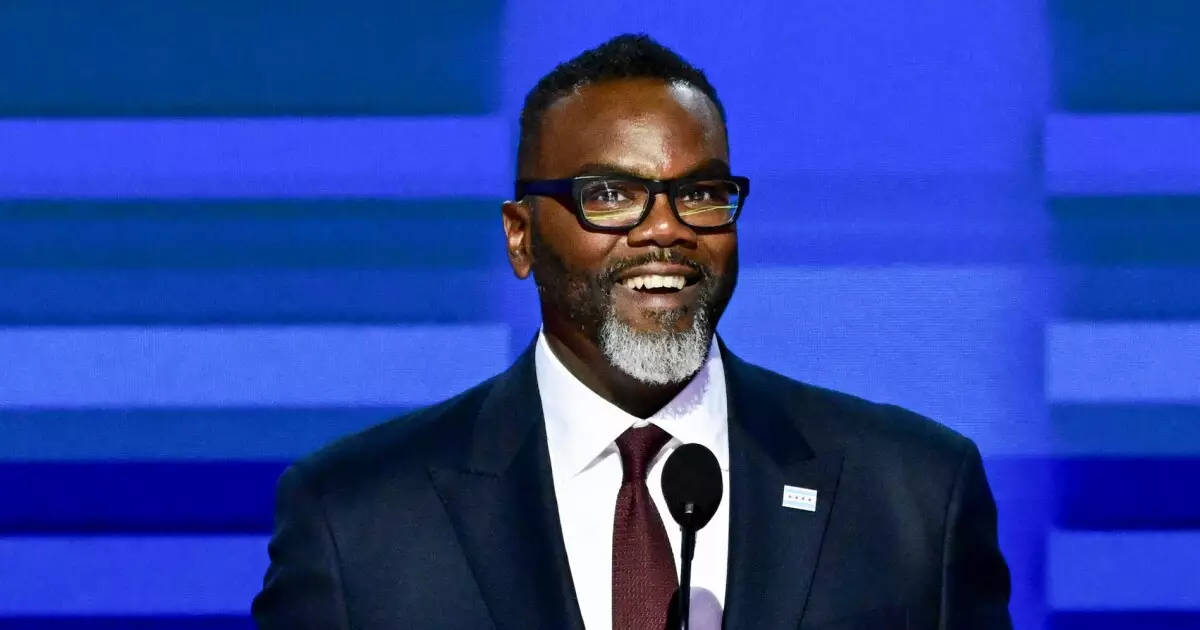The recent budget forecast released by Chicago has painted a grim picture of the city’s financial future. The projected corporate fund deficit is set to grow exponentially in the upcoming years, with estimates jumping to a staggering $982.4 million by 2025. This significant increase from $222.9 million at the end of 2024 raises concerns about the city’s financial stability moving forward.
The negative scenario offered in the forecast outlines a substantial gap of $1.578 billion between revenue and expenditures in 2026, with an even higher gap of $1.928 billion in 2027. On the other hand, the positive scenario presents a slightly lower gap at $633.8 million in 2026 and $702.6 million in 2027. These projections have prompted analysts to question the city’s ability to attract market demand for its bonds, considering the magnitude of the deficit.
While Chicago has seen improvements in its fiscal outlook in recent years, factors such as pandemic relief funding and increased pension contributions have contributed to positive rating upgrades. However, the new forecast indicates a possible underestimation of the economic challenges faced by the city. According to experts, recurring solutions are crucial to address the persistent problems, rather than relying on one-time fixes.
State-level changes concerning corporations’ net operating losses and revenue from pension payments for Chicago Public Schools have been identified as key drivers behind the revenue shortfall in the current year. Looking ahead, both revenue and spending factors are expected to contribute to the growing deficit in the following years. Despite the city’s diverse economy, concerns linger about the impact of declining office building values on Chicago’s financial health.
Proposed solutions to mitigate the deficit include a hiring freeze and a reassessment of departmental effectiveness. However, questions remain about the city’s approach to pension funding and the potential use of restructuring strategies. Additionally, challenges related to property taxes and the balance between residential and commercial tax burdens add complexity to the city’s financial woes.
The response of the municipal bond market to Chicago’s budget forecast remains uncertain, although recent general obligation deals have shown strong demand. As the city seeks to navigate its financial challenges, the effectiveness of recurring budget solutions and the ability to address revenue shortfalls will be closely monitored. Mayor Brandon Johnson’s emphasis on sustainable financial measures underscores the importance of long-term strategies in alleviating Chicago’s fiscal pressure.
Overall, Chicago’s corporate fund deficit presents a significant hurdle that requires decisive action and strategic planning to ensure the city’s financial stability in the years to come. The implementation of sustainable solutions, prudent fiscal management, and collaborative efforts between the city and state will be essential in addressing the complex financial landscape facing Chicago.

